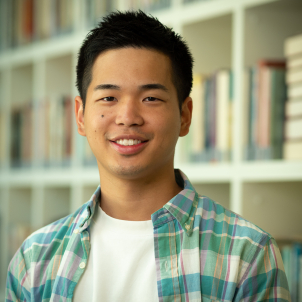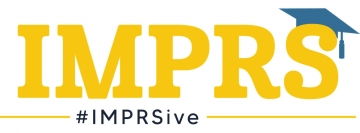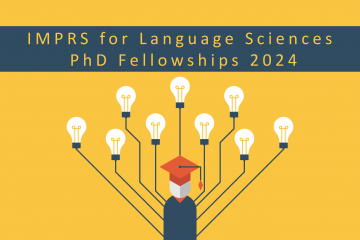Sho on work-life balance
Name: Sho Akamine
Department: Multimodal Language Department, Psychology of Language Department
Research: Mechanisms of multimodal alignment in Zoom interaction
Started at the IMPRS: 2021
Nationality: Japanese
How did you come to pursuing your research topic in Nijmegen?
I completed a bachelor's degree in British and American language and culture at Okinawa International University, Japan. Initially, I wanted to become a high-school English teacher but soon realized that I had greater interest in scientific research on the human cognitive system that enables us to process language. To further pursue my interest, I studied cognitive psychology at Irvine Valley College, California for a year.
Then, I did a master's in general linguistics at California State University, Fresno. My supervisor noticed my passion for interdisciplinary language research and suggested further pursing my interest at the MPI, where she got her Ph.D. During my master’s, I realized the importance of multimodality and soon after starting the PhD program the importance of studying language in more naturalistic conversational situation.
What are some of the highlights of your doctoral life so far?
At the very beginning of my PhD, I took a course about work-life balance and learned the importance of having a healthy work-life balance to become and stay productive. As PhD students, it's common to feel we need to work all the time, but it can be life-changing to stop to think what you value the most in your life and if you are dedicating enough time on them. I always thought doing research was my top priority, but I realized that I value spending time with my family the most.
As long as you know what you are good at and what you still need to work on, you are good to go!
What advice do you have for peers or those considering doctoral studies?
Doing research requires a variety of skills, such as using R for data analysis, building experiments in Python, and scientific communications (e.g., writing, presentation). In addition, you may need to familiarize yourself with topic-specific skills such as using ELAN to code gestures. Building expertise in all the skills before a PhD is nearly impossible. However, it's crucial to think ahead what kind of skills and experience your potential PhD project require and start working on them. You don't need to know everything! As long as you know what you are good at and what you still need to work on, you are good to go! If you don't know what to work on, look out calls for PhD positions in your field. What do they expect from the applicants?



Share this page